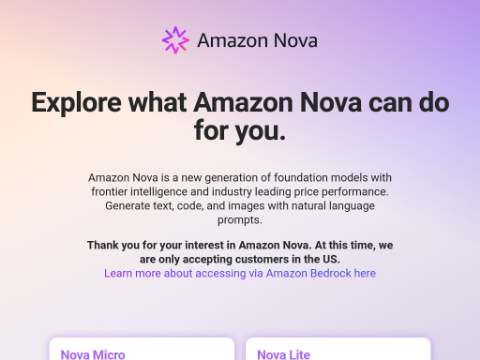Adobe has just launched a new Content Authenticity web application, now available in public beta. This release directly addresses various challenges creators face online – from being stripped of credit to having their work used without consent for AI training datasets. The free tool allows photographers, illustrators, and designers to embed persistent, invisible metadata – known as content credentials – into their images. Think of it as a digital signature that remains intact even through sharing, screenshots, and malicious activities.
Key Highlights:
- The application embeds invisible metadata that maintains creator attribution even after screenshots.
- Collaboration with LinkedIn adds identity verification features to strengthen attribution claims.
- Supports batch processing of up to 50 files and offers opt-out preferences for AI training usage.
This development builds upon Adobe's ongoing Content Authenticity Initiative, offering a creator-focused approach to attribution, transparency, and control. Through this application, users can attach their name (verified through LinkedIn), social media handles, website links, and even indicate they don't want their work used for generative AI model training. The data persists through common sharing methods, helping identify origin and authorship long after the image leaves its original platform.
There's more. Artists can now apply credentials to up to 50 files at once – even those not created in Adobe applications – making it easier to protect entire portfolios retroactively. Adobe isn't keeping this ecosystem to itself: it's working with policymakers to develop opt-out standards and expanding cross-platform integration, including with LinkedIn. Soon, when credential-embedded photos are shared on LinkedIn, viewers will see a "Cr" icon they can hover over to view verified attribution.
The collaboration with LinkedIn is particularly strategic. It provides creators a way to link their online identity with their work, addressing a common pain point: imposters and unverifiable authorship. This also contrasts with X (formerly Twitter), which helped launch Adobe's Content Authenticity Initiative in 2019 but later exited after shifting to paid verification under Elon Musk's leadership.
For creators, this is about more than just credit – it's about autonomy. As generative AI reshapes the digital art landscape, tools like Adobe's Content Authenticity application represent a step toward rebalancing power. As photographer Obi Nzeribe stated, "This is a significant step toward a more creator-friendly internet." Artist Benjamin Von Wong noted that these invisible signatures also serve as a way to "preserve truth" in an era of digital uncertainty.
Adobe reports that broader Creative Cloud integration is coming soon. For now, the public beta version marks an important moment for anyone who has worried about their work going uncredited, being misused, or simply getting lost in algorithmic noise.
Chris McKay is the founder and editor-in-chief of Maginative. His thought leadership in AI literacy and strategic AI adoption has been recognized by top academic institutions, media outlets, and global brands.








